|
|
|
Editor's note
|
|
On Sunday, Americans will turn their clocks forward one hour. This switch to daylight saving time has myriad benefits, writes the University of Washington’s Steve Calandrillo. Studies show that more evening sunlight is better for traffic, crime prevention, commerce and energy use. That’s why he thinks that the U.S. should switch to DST permanently.
Alas, we must still spring forward this weekend and lose an hour of sleep in the process. This is actually a bit unnatural for our bodies, write University of PIttsburgh Medical Center physicians Deepa Burman and Hiren Muzumdar, who co-direct the pediatric sleep center there. They offer 11 tips on how to handle the loss of sleep, some of which may surprise you.
And if you take them up on tips #3 and #5, you might want to spare a moment thinking about Henry David Thoreau in the process. The 19th-century Transcendentalist spent time outdoors to renew his spirit, but struggled to balance his love for primitive outdoor places with rapid development around his Concord, Massachusetts home. University of Connecticut geologist Robert Thorson describes how Thoreau reconciled this tension in a late-life insight that wildness exists around and within all of us.
|
Aviva Rutkin
Big Data + Applied Mathematics Editor
|

|
|
Top stories
|
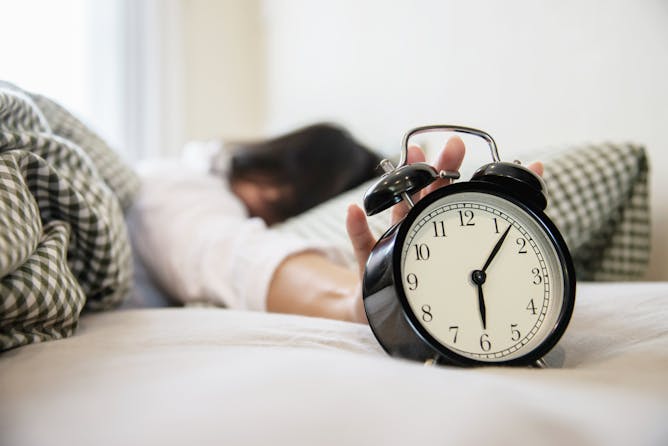
It’s almost time to ‘spring forward.’
Pair Srinrat/shutterstock.com
Steve Calandrillo, University of Washington
Washington, California and Florida are mulling a permanent switch to DST. Proponents say that doing so could improve health, save energy and prevent crime.
|

The loss of even an hour of sleep is hard on the body, and kids are particularly vulnerable.
kornnphoto/Shutterstock.com
Deepa Burman, University of Pittsburgh; Hiren Muzumdar, University of Pittsburgh
One of the most dreaded times of the year occurs this weekend, when Americans spring forward - and lose an hour of sleep in so doing. Two doctors who are sleep specialists offer some survival tips.
|

Henry David Thoreau lived at 255 Main Street in Concord, Massachusetts from 1850 until his death in 1862.
John Phelan/Wikimedia
Robert M. Thorson, University of Connecticut
Many people associate Henry David Thoreau with solitude in the outdoors. But Thoreau understood in the mid-1800s that there was no such thing as nature separate from humans.
|
Politics + Society
|
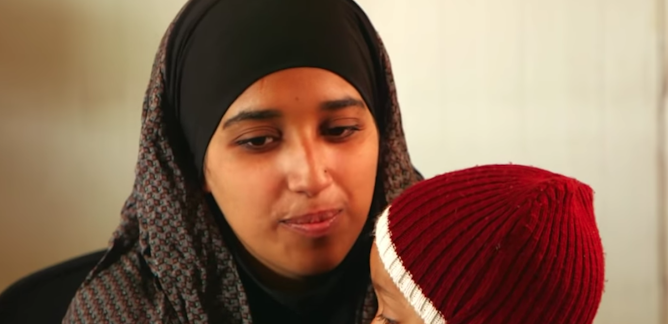
G. Patrick O'Brien, University of South Carolina
Like today's Western women who joined ISIS and now want to return home, American women with British sympathies during the Revolution left the country – but many tried to bring their families back.
| |
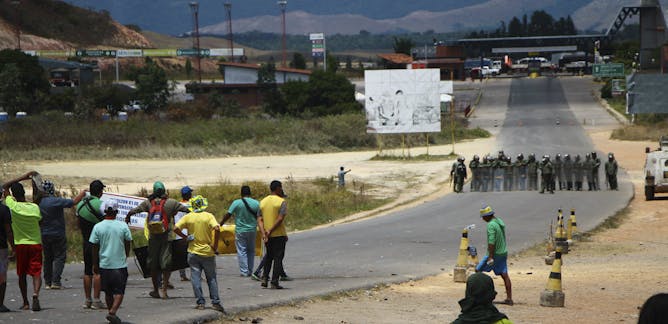
Robert Muggah, Pontifical Catholic University of Rio de Janeiro (PUC-Rio); Adriana Abdenur, Brazilian Naval War College
Brazil's president has threatened military intervention in neighboring Venezuela, called its leader a 'dictator' and sent troops to the border. But Brazil's military is quietly working to avoid war.
|
|
|
Ethics + Religion
|
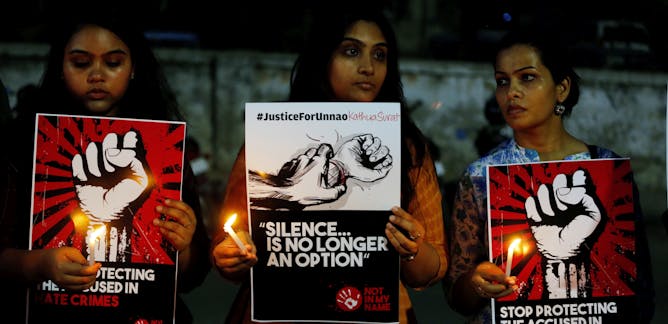
Alka Kurian, University of Washington, Bothell
Women in countries such as India, Pakistan and others have long organized campaigns against sexual violence – many of which have resulted in stronger laws in these countries.
| |

Susan M. Shaw, Oregon State University
Recent media reports point to years of sexual abuse by Southern Baptist pastors. An expert writes why a long culture of women's submission is responsible for this crisis.
|
|
|
Arts + Culture
|

Aaron Hertzmann, University of Washington
Because a host of artists and programmers can leave their stamp on a final product, disagreements and claims of theft have ensued.
| |

Jonathan Wynn, University of Massachusetts Amherst; Alexandre Frenette, Vanderbilt University
Live performances account for more than 40 percent of their income, while profits from streaming and record sales amount to only 5 percent of their earnings.
|
|
|
Science + Technology
|
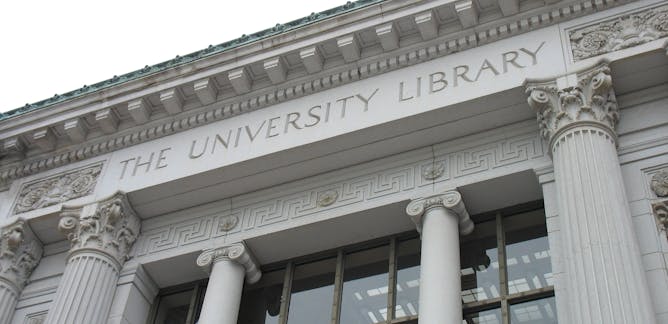
MacKenzie Smith, University of California, Davis
Digital publishing hasn't resulted in the free and open access to information many envisioned. Universities are increasingly fed up with a system they see as charging them for their own scholars' labor.
| |

Venkat Viswanathan, Carnegie Mellon University; Shashank Sripad, Carnegie Mellon University
Researchers have found a way to evaluate how energy-efficient electric vehicles are, and compare the sizes and costs of batteries for different models.
|
|
|
Economy + Business
|

Orgul Demet Ozturk, University of South Carolina; Chad Cotti, University of Wisconsin-Oshkosh; John Gordanier, University of South Carolina
Even without any disruption, SNAP benefits tend to run out before the next disbursement arrives.
| |

Thomas Kochan, MIT Sloan School of Management; Elisabeth Reynolds, Massachusetts Institute of Technology
While some alarmists predict AI will decimate the workforce, the truth is concerted action by leaders in labor, business, government and education can ensure workers aren't replaced by robots.
|
|
|
Education
|
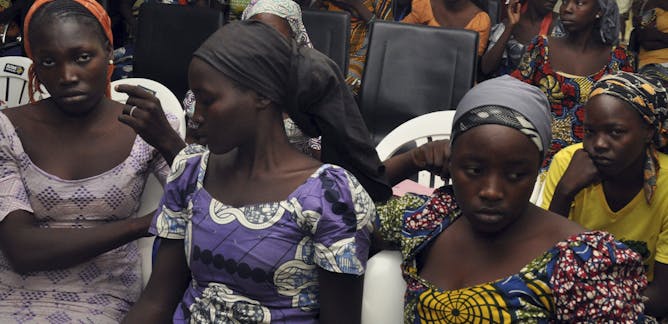
Jacob Udo-Udo Jacob, Dickinson College
Four young women who escaped Boko Haram during the 2014 Chibok schoolgirl kidnapping are now studying in the US. Their professor recounts a recent breakthrough in their quest to go to college.
| |
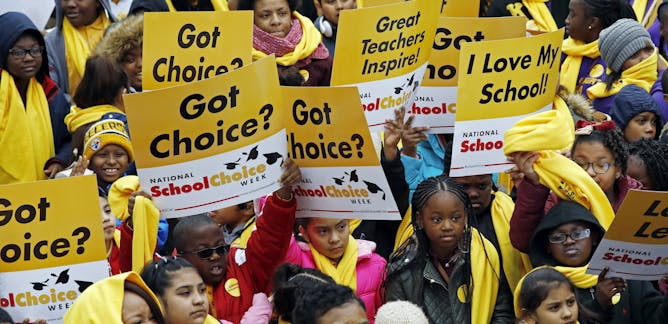
Matthew Gardner Kelly, Pennsylvania State University
A number of states are considering laws to put charter school growth on pause, saying they drain resources from public schools. A school finance expert explains the logic behind the efforts.
|
|
|
Environment + Energy
|

David S. Meyer, University of California, Irvine
These youngsters have ample fervor, and they are dramatically photogenic. Dismissing them as being fake or lightweight can spell trouble for members of the establishment.
| |

Zhe Zhu, University of Connecticut
Since 2008, Landsat data has been free for the world to use, spurring new applications and scientific research. But that door could soon slam shut.
|
|
|
Health + Medicine
|
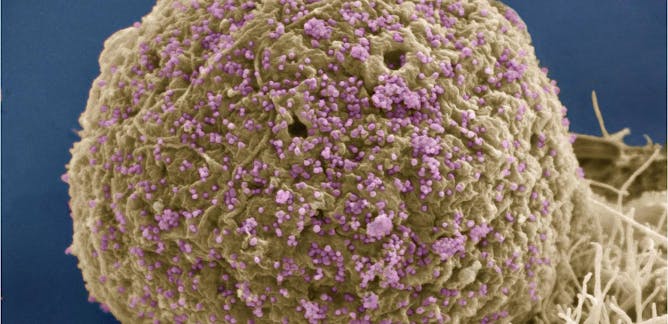
Allison Webel, Case Western Reserve University
Headlines around the world declared that a second person was cured of their HIV. But while the results are encouraging, we're a long way from a cure.
| |
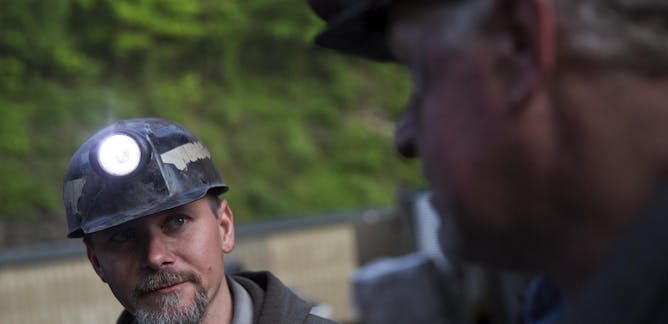
Simon F. Haeder, West Virginia University
As coal companies look for ways to cut costs, many are reneging on their promises for health care for retired miners. Unless Congress intervenes, these miners could face ill health and poverty.
|
|
|
| |
|
|
|
|
|
|
|